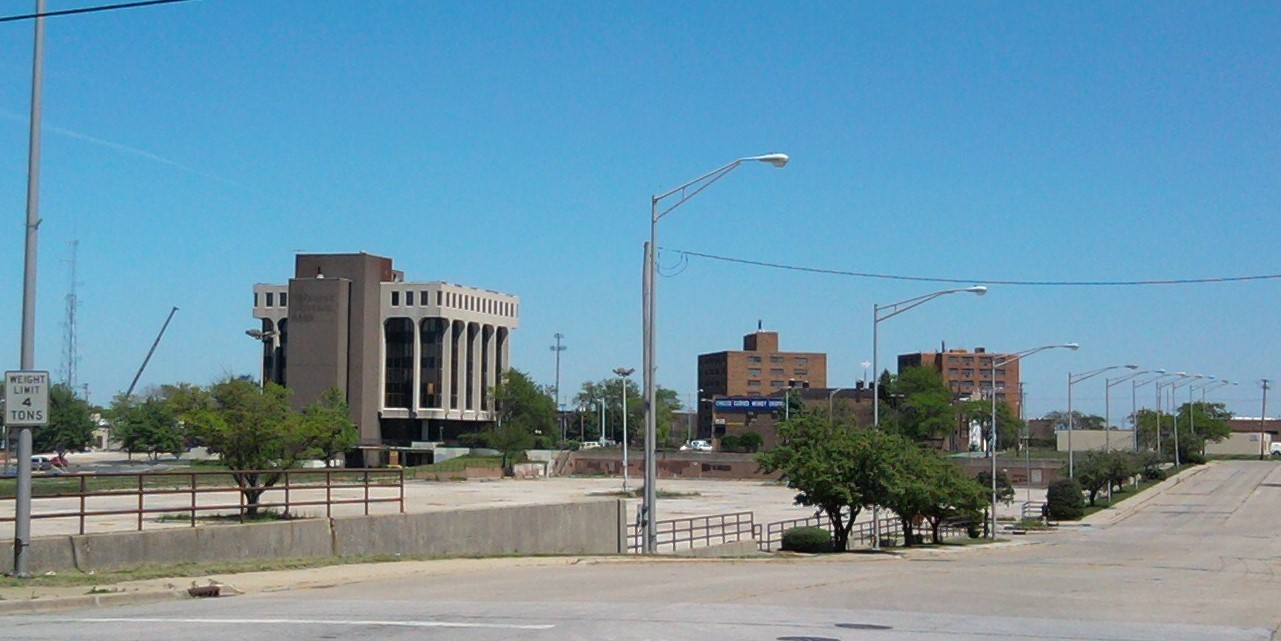Chicago Heights has another chance at getting a pair of insurance companies to foot the bill for a portion of a settlement to a man who was wrongfully convicted of a 1993 murder.
A state appellate court reversed the circuit court’s opinion that Illinois Union Insurance Company and Starr Indemnity and Liability Company were not liable in the suit because their policies were not in effect at the time the wrongful charges were filed.
Rodell Sanders was convicted of murder, attempted murder and armed robbery in connection with a 1993 shooting. Sanders’ convictions were vacated in 2011 and he was acquitted of the charges in 2014. He sued the city of Chicago Heights and some of its employees for malicious prosecution, accusing police officers of manipulating witnesses, fabricating evidence and influencing prosecutors.

Justice Aurelia Pucinski
| Illinoiscourts.gov
The suit settled for $15 million. Under the terms of the settlement, the city agreed to pay $2 million and its insurer in 1993, United National Insurance Company, agreed to pay $3 million. The city assigned Sanders its right to recover the remaining $10 million from Illinois Union and Starr, its insurers at the time of Sanders’ acquittal.
According to court documents, Illinois Union insured the city between 2010 and 2014 and Starr insured the city between 2011 and 2014. Both insurers denied coverage in the Sanders suit, claiming that the trigger for coverage under the policies – Sanders’ prosecution – occurred before their policies were in effect. Though Sanders was retried in 2013 and 2014, eventually leading to his exoneration, the insurers claimed those trials were continuations of the original prosecution and did not constitute new triggers.
The trial court agreed with the companies and granted their motion to dismiss. The appellate court, however, agreed with the city’s position – that the offense of malicious prosecution, the trigger against which the city is insured, did not happen until the tort was completed in 2014, at which time both insurance policies were in full effect.
Justice Aurelia Pucinski and Justice Michael B. Hyman shared the majority opinion that the “offense” of malicious prosecution, as it is defined in the policies, occurs when the tort is completed, not when the initial charges are filed. The justices relied upon a definition of the word “offense” from Black’s Law Dictionary that puts it into the context of “legal cause of action that arises out of wrongful conduct, not just the wrongful conduct itself.”
In her dissent, Justice Mary Anne Mason wrote that she could “see no legal or grammatical reason” the majority would interpret the language of the policies to read that the offense of malicious prosecution occurred when the prosecution ended and not when it began.
“The overwhelming weight of authority in Illinois supports the conclusion that it is the commencement of prosecution, and not exoneration, that triggers coverage for malicious prosecution,” she wrote. “The majority’s attempt to distinguish relevant Illinois authority based on minor differences in policy language is unpersuasive.”
Mason echoed one of Illinois Union’s oral arguments as she pointed out that the majority’s interpretation of the policy language would permit insurers to drop insureds if the potential for a malicious prosecution suit arose before exoneration could trigger coverage. For example, she said, Sanders had enough information to file his federal lawsuit in 2013, in the middle of the policy period. If his exoneration would trigger coverage, the insurance carrier could decline to renew the city’s insurance rather than pay out for decades of wrongful incarceration. Other insurers, with the same information, would likely be loath to pick up the city’s liabilities.
The case has been remanded to Cook County Circuit Court.
According to Cook County court records, Sanders and Chicago Heights have been represented in the action by attorneys Paulette Petretti, of Chicago, and the firm of Loevy & Loevy, of Chicago.
The insurers are represented by attorneys with the firm of Traub Lieberman Straus & Shrewsberry LLP, of Chicago.
